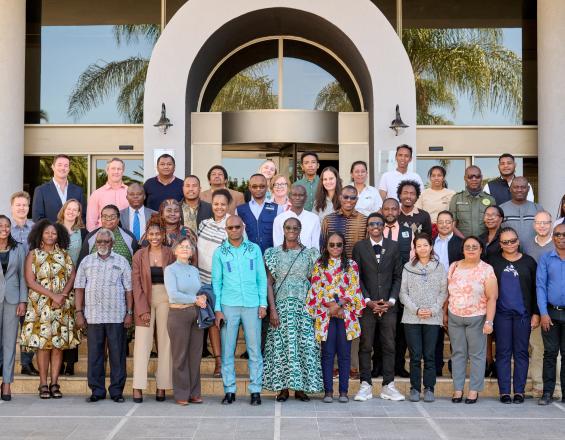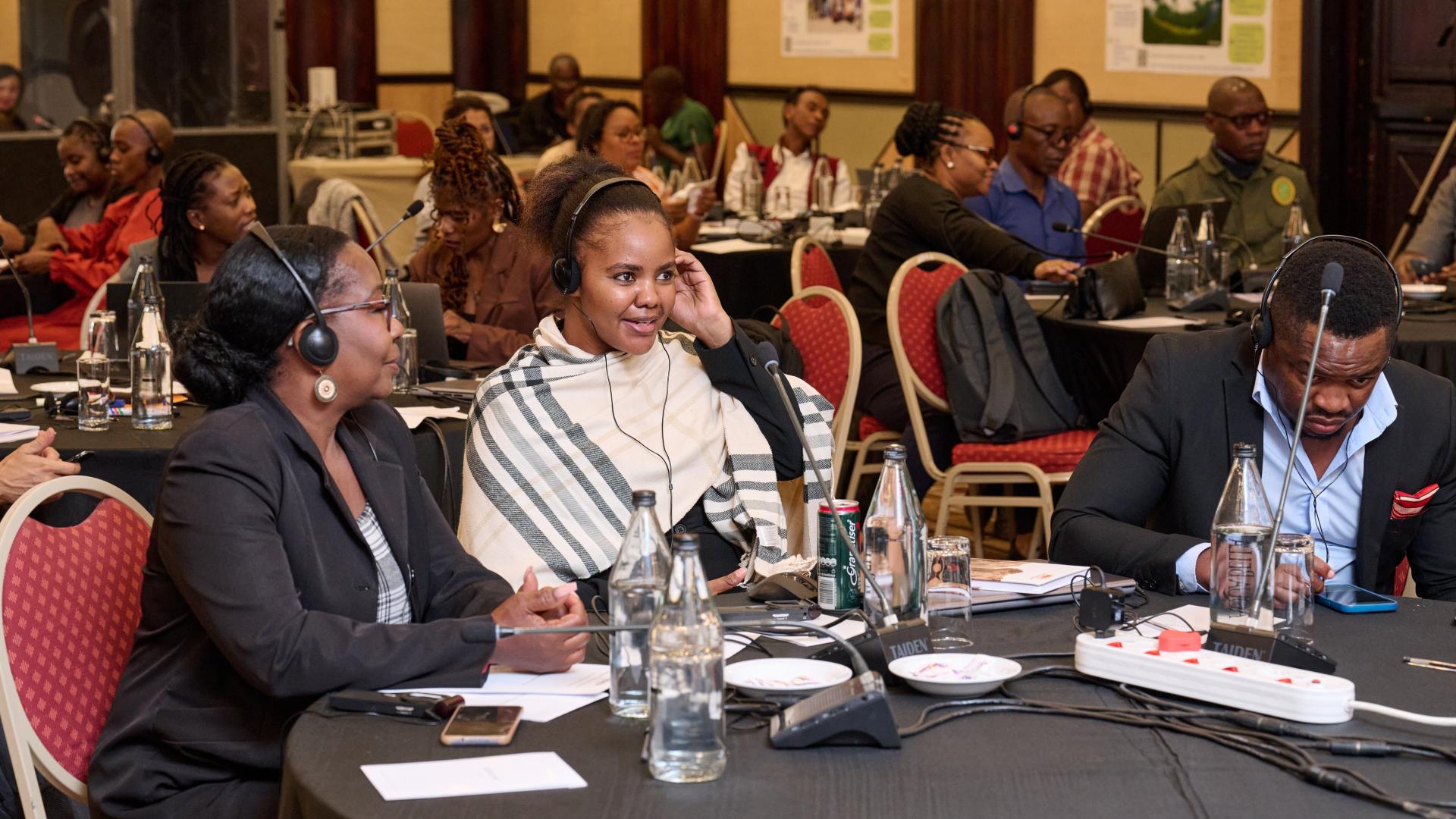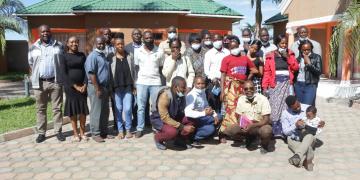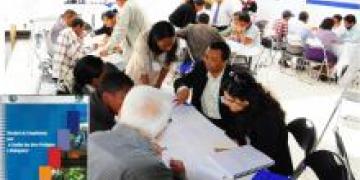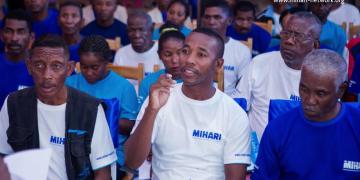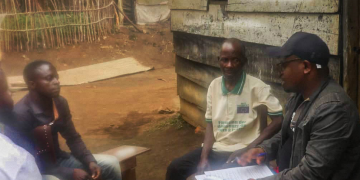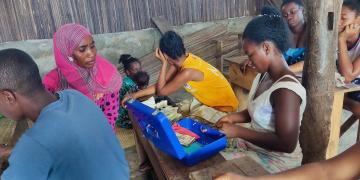In early May, Windhoek became the hub of regional learning and collaboration as Namibia hosted a landmark knowledge exchange workshop focused on implementation of National Biodiversity Strategies and Action Plans (NBSAPs) in Namibia, the Democratic Republic of the Congo (DRC), Madagascar, Mozambique and Côte d’Ivoire. Organised by IUCN in collaboration with GIZ and Namibia’s Ministry of Environment, Forestry and Tourism (MEFT) and under the umbrella of the NBSAP Accelerator Partnership, the workshop brought together around 40 participants from government and civil society engaged in rich knowledge exchange.
